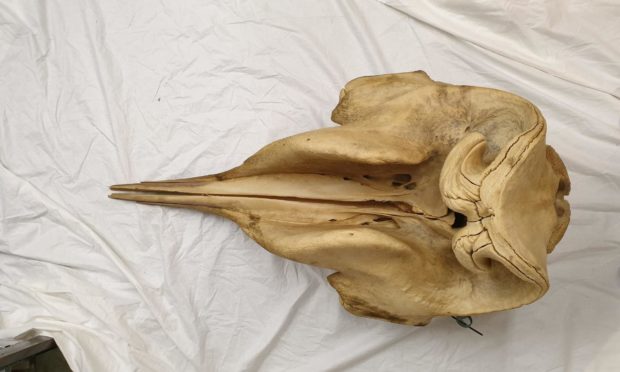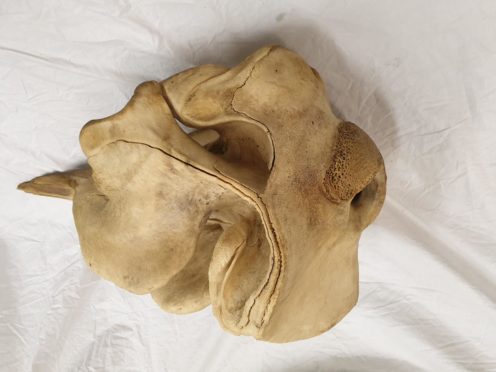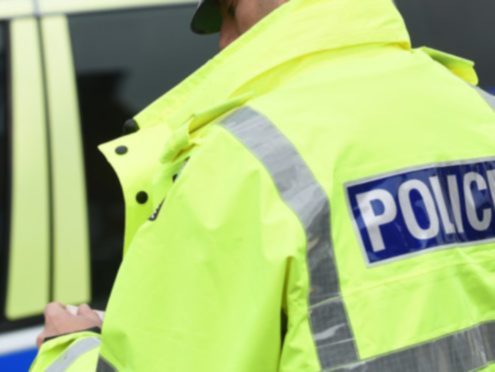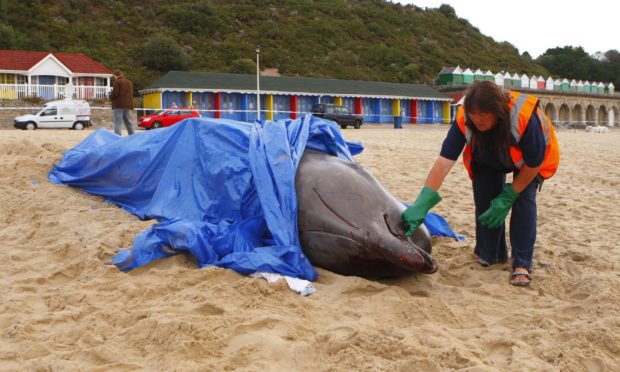Police are hunting for a rare whale skull removed from a Scottish beach.
The huge skull, weighing almost 100lbs, is a north bottlenose whale and had been earmarked for the National Museums Scotland.
Police are appealing for help in finding the item, described as a “rare example of this species in Scotland.”
From Sutherland to Berwick
The skull was left on Cocklawburn Beach, near Berwick-upon-Tweed in October after travelling the length of Scotland, as it started near Cape Wrath in Sutherland, where it originally washed up in 2018.
Inquiries revealed that someone removed the skull at some point between October 19 and October 22.
It is illegal to possess any part of a whale, dolphin or porpoise without being licensed.
Any remains belonging to those species should not be removed from coastal areas.
Northern bottlenose whales are a protected species and rare visitors to Scottish waters, which makes the skull even more important.
The whale carcass was being monitored by the John Muir Trust who planned to remove the skull and take it to National Museums Scotland to be studied.
Illegal to own whale remains
Detective Sergeant Billy Telford, from the wildlife crime unit, said: “Whales, dolphins and porpoise are protected species in Scottish/UK coastal areas, and this includes their remains.
“People may not be aware that it is illegal to remove their remains from beaches and other coastal areas.
“This particular item had been earmarked for study.
“It is a rare example of this species in Scotland and therefore is of significant scientific interest to improve both our understanding of the species and its protection.
“It is a very big and unusual item and someone must know of its whereabouts. If you do then please contact Police Scotland so we can arrange for its return to the museum.”
Museum plea
Andrew Kitchener, principal curator of vertebrates at National Museums Scotland said: “It is important that this skull of a bottle-nosed whale is returned so it can be added to the internationally significant collection of marine mammals which we hold at National Museums Scotland.
“Strandings of this mammal are rare and examples such as this can contribute greatly to the knowledge we hold about these incredible animals and provide a valuable resource to enable the further future scientific study of the species and its ecosystem.”
Don O’Driscoll, of the John Muir Trust, said: “We hope the police will be successful in finding it and that it may then be displayed at the National Museum for the benefit of the public.
“Exhibits like this are rare and provide an interesting insight into the anatomy of these specialised deep-diving marine mammals.”



